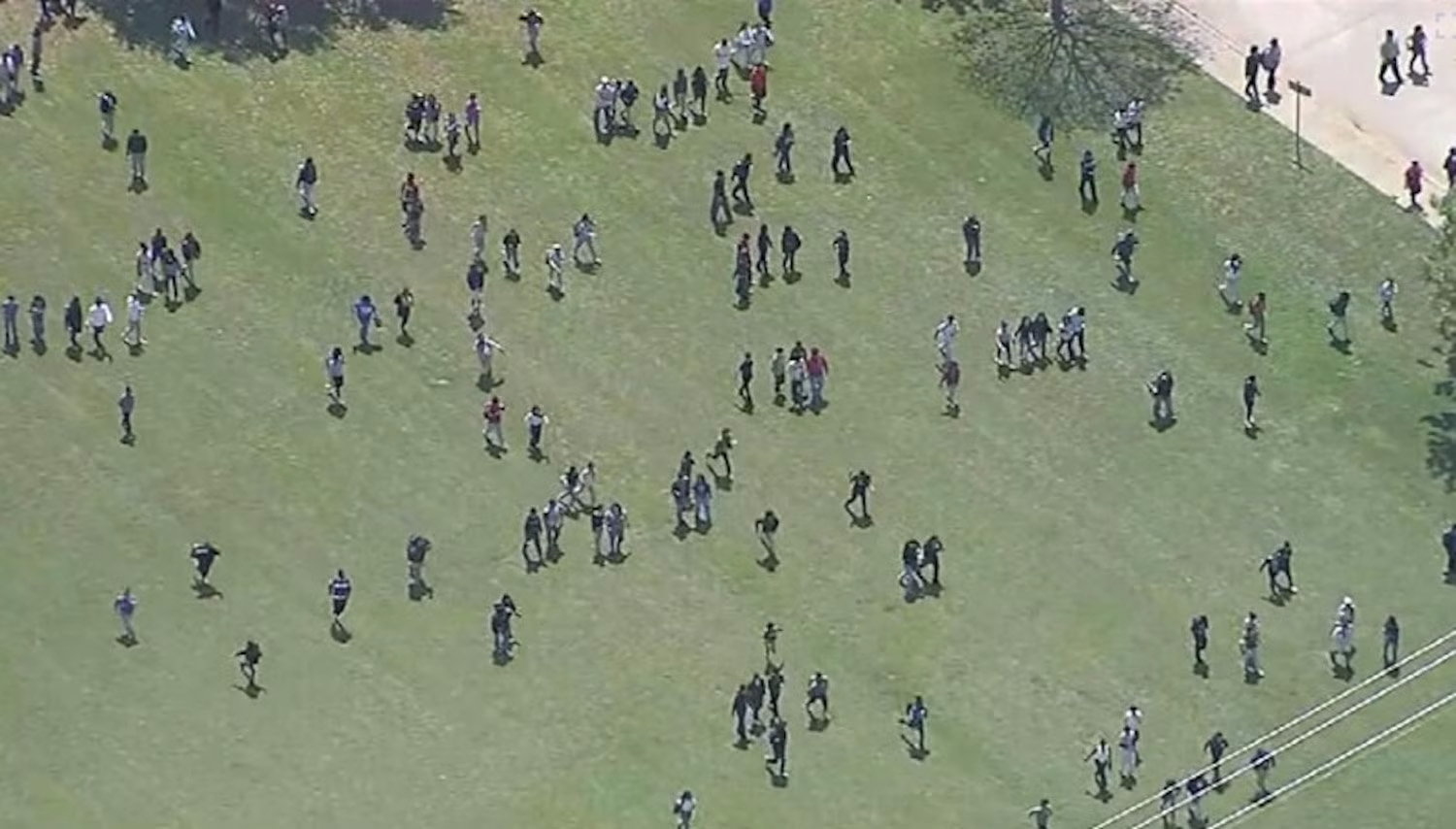Making yards green, and healthy for all

PHILADELPHIA (WPVI) -- The forecast calls for more snow and ice.
But spring really is coming, and with it, the rush to have that emerald green lawn.
Dr. Diane Lewis, an avid gardener and kidney specialist who says she "really knows water," wants us to think before we break out the weedkillers, fertilizers, and pesticides.
Since the enactment of the Clean Water Act, industrial pollution of the nation's waterways and drinking water has dropped dramatically.
Now, the big danger comes at home.
She points to a U.S Fish & Wildlife Service report, which shows that homeowners are the biggest danger to the nation's drinking water, that they are now using 10 times more harmful chemicals than farmers.
"Farmers know how to use them in the right proportions," says Dr. Lewis, whereas homeowners think more is better when it comes to weed and pest control.
A 2013 study from the U.S. Geological Survey found lawn and garden chemicals in every stream, river, and lake, and in about half of our well water.
She says, "We're at a tipping point with these dangerous chemicals."
"They don't just disappear," she added.
Water treatment plants can't completely filter out the chemicals, and they don't completely wash off grass.
They can rub off onto kids and pets playing on lawns.
Dr. Lewis launched the Great Healthy Yard Project to show families how to get the green without exposing their children to toxic chemicals.
She'll demonstrate and discuss the chemical-free alternatives at 2 p.m. on Saturday, March 7th, at the Philadelphia Flower Show, speaking in the Gardener's Studio area.
She suggests homeowners should stop the "green grass competition," and accept that a weed-free lawn is impossible. Relax, she urges, and accept other plants, like clover, which helps enrich the soil with nitrogen.
Alfalfa and cowpeas are other nitrogen-fixing plants, which will make the soil healthier for your grass.
Using native plants cuts down the need for pesticides, because they are better adjusted to their environment.
And they will attract beneficial insects, such as dragonflies, which eat mosquitoes.
Rose lovers should pick native ones, and plant Nepeta next to them, and enjoy the dragon flies which set up shop in your yard.
For the heavy, clay soil so prevalent in southeastern Pennsylvania, aerate in the fall and cover with a layer of compost for winter.
Beds for annual flowers should be planted with a cover crop or compost for winter, to keep nutrients in the soil.
Dr. Lewis says prescription drugs can also be a danger, if they are disposed of down the sink or toilet.
Instead, drop off at a public collection point, or wrap in newspaper and put in the trash.
If you use a lawn service, get the specifics of what your property is being treated with, and don't be afraid to discuss your concerns, or suggest some alternatives.
As for mowing your grass, remember, the roots UNDERground will only be as long as the shoots ABOVE it.
If you cut it 2 inches long, it will only have 2 inches of roots, and will struggle to thrive.
A 3-inch length will make the lawn more resilient for the wet & dry seasons that lie ahead.
As Dr. Lewis's motto goes, "Our Yards, Our Children, Our Responsibility."
LINK: http://tghyp.com/






